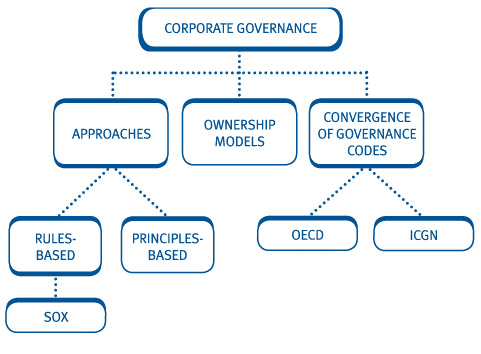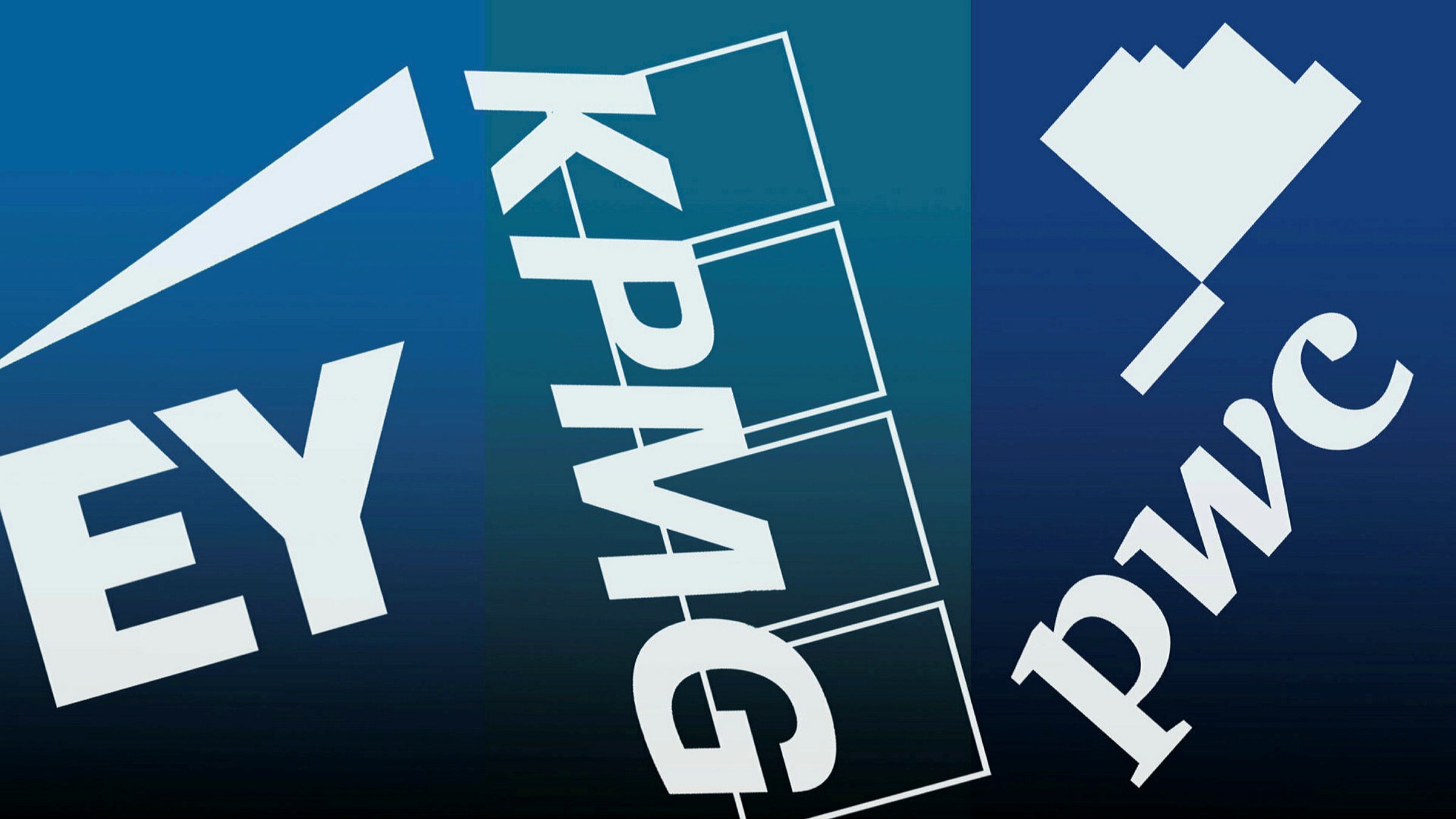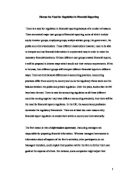Accounting is a critical function in modern businesses, as it helps organizations track their financial performance and ensure compliance with laws and regulations. To ensure the integrity and reliability of accounting practices, several regulatory bodies have been established around the world. These regulatory bodies play a crucial role in setting standards, enforcing compliance, and promoting transparency in the accounting profession.
One of the most well-known regulatory bodies in accounting is the International Accounting Standards Board (IASB). The IASB is an independent, privately funded organization that develops and issues international financial reporting standards (IFRS). These standards provide a common set of principles and guidelines for financial reporting, which are used by organizations around the world. The IASB is based in London and is governed by a board of 16 trustees, who are appointed by the IASB's Foundation Trustees.
Another important regulatory body in accounting is the Financial Accounting Standards Board (FASB). The FASB is a private, non-profit organization that sets financial accounting and reporting standards in the United States. It was established in 1973 and is based in Norwalk, Connecticut. The FASB works closely with the IASB to ensure that international and U.S. accounting standards are consistent.
In addition to the IASB and FASB, there are several other regulatory bodies that play a role in the accounting profession. For example, the Public Company Accounting Oversight Board (PCAOB) is a private, non-profit organization that oversees the audits of public companies in the U.S. The PCAOB was established by the Sarbanes-Oxley Act of 2002 in response to the Enron scandal and other accounting frauds. It is based in Washington, D.C. and is funded by the U.S. Securities and Exchange Commission (SEC).
In the United Kingdom, the Financial Reporting Council (FRC) is responsible for setting accounting standards and enforcing compliance. The FRC is an independent body that was established in 1990 and is based in London. It is responsible for setting and enforcing the UK's Corporate Governance and Stewardship Codes, as well as the UK's accounting standards for public and private sector organizations.
Finally, the International Organization of Securities Commissions (IOSCO) is a global organization that promotes cooperation among securities regulators and sets standards for the regulation of securities markets. IOSCO is based in Madrid, Spain and has more than 130 member organizations from around the world.
In conclusion, regulatory bodies play a vital role in ensuring the integrity and reliability of accounting practices. The IASB, FASB, PCAOB, FRC, and IOSCO are just a few examples of the organizations that work to set standards, enforce compliance, and promote transparency in the accounting profession.
:max_bytes(150000):strip_icc()/IFRS_Final_4194858-51ac77dc36104410bbbbf7079997793e.png)




